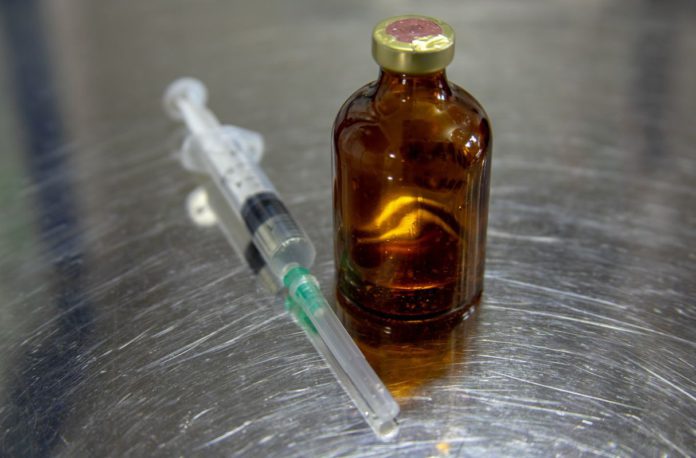The DAFM has announced an extension of the transition period for a veterinary prescription to dispense anti-parasitic medicines and the introduction of mandatory electronic prescriptions.
The move comes in response to stakeholder concerns arising from “recent unexpected” developments at global and national level.
Minister McConalogue said that he has “listened to stakeholders and understands” that while they are working closely with the DAFM to ensure the best possible systems are introduced, some “unexpected” challenges have arisen.
The DAFM has informed that companies are experiencing supply chain challenges attributable to Russia’s military aggression against Ukraine.
He said: “We acknowledge that to ensure the best possible National Veterinary Prescribing System, the software developers need more time to ensure a seamless transition for farmers, veterinary practitioners, licenced merchants and feed suppliers.”
“The transition period will end on December 2nd, 2022, which I believe gives sufficient time for such unexpected challenges to be addressed.”
NVPS
McConalogue confirmed that the Veterinary Medicinal Products, Medicated Feeds, and Fertilisers Regulation Bill 2022 will come before Cabinet shortly.
He said stakeholders have shown “real” commitment to ensuring the DAFM implement these changes that will help farmers tackle antiparasitic and antimicrobial resistance.
He added that this would result in long-term positive outcomes for human and animal health and improve the agri-food sector’s efficiency and productivity.
McConalogue added that this additional time would allow further refinement in developing the National Veterinary Prescription System (NVPS).
“My officials and IT developers are already working with users and providers, and I am thankful for their constructive feedback.”
“My team and the IT developers will use this additional time to fine-tune and further enhance the NVPS.”
“This will result in a dynamic application which users can interact with either as a standalone system or through integration with other software products.”
TASAH
McConalogue also welcomed the engagement of private veterinary practitioners and farmers in the recently launched Targeted Advisory Service on Animal Health (TASAH) programme.
He said it specifically focuses on parasite control on farms and is of no cost to farmers.
“I am very much encouraged by the uptake so far in the new Targeted Advisory Service on Animal Health (TASAH) programme specifically focussed on parasite control which I recently launched.”
“This clearly shows the appetite by farmers and their veterinary practitioners to tackle the challenge of anti-parasitic resistance.”
“By getting their anti-parasitic treatment plan right, farmers can reduce resistance, improve their animals’ health and welfare, while also improving their productivity and profitability.”
McConalogue said these new regulations, the NVPS and TASAH programme on parasite control would provide “everyone with the effective tools needed to combat anti-parasitic resistance and ensure the health and welfare of our livestock into the future”.
Other articles:





